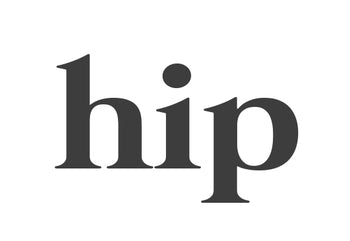What Tests Should I Expect During An Eye Exam?
Depending on your eye condition, the symptoms you tell them you are experiencing, and upon their regular examination, you might be asked to go through certain tests. This might include the following:
1. Eye Muscle Movement Test
As the name suggests, in this test, the eye specialist will check the movement of the eyeballs in eight different directions. Generally, the doctor will hold a pen in his hand and move it around to check if you are able to follow the directions smoothly.
2. Visual Acuity Test
This is another common test every doctor asks their patient to go through. You will be asked to read different alphabets printed on an eye chart from a distance. These alphabets will be of different sizes, and you will be asked to cover one of your eyes while reading them.
3. Cover Test
In this test, you will be asked to cover one of your eyes and repeat the same for the other eye. Through this test, the doctor aims to check the movement of your eyes. This is also to understand the alignment of both eyes. If the eyes are not aligned, it might be the cause of your eye condition, and you will have frequent headaches, double vision, constant eye strain, etc.
4. External Exam and Pupil Reactions
As the name suggests, this exam is to examine the pupils. Through this test, the doctor tries to understand how the pupil in your eyes reacts to the light and the objects close to you.
5. Refraction Test
To give you an accurate prescription for your eyes, the doctor might also want to use a computerized refractor. The doctor will use a phoropter and flip it back and forth in between the lenses and ask which one suits you best.
6. Slit Lamp
This is also referred to as a biomicroscope. In this test, the doctor will magnify and light the front area of your eyes. This test is done to check all the other parts of the eye, such as the iris, cornea, back of the eyes, etc., and to ensure that you do not have any other eye condition.
7. Retinal Examination
This is an important test to check the nerves in the eyes. In this test, the doctor will dilate the pupils in your eyes and use a tool called an ophthalmoscope to examine the retinal blood vessels, retina, fluid in the eyes, and back of the eye.
8. Pupillary Distance between the Eyes
This test is done to check the distance between the two pupils and determine where you look when you wear your glasses.


